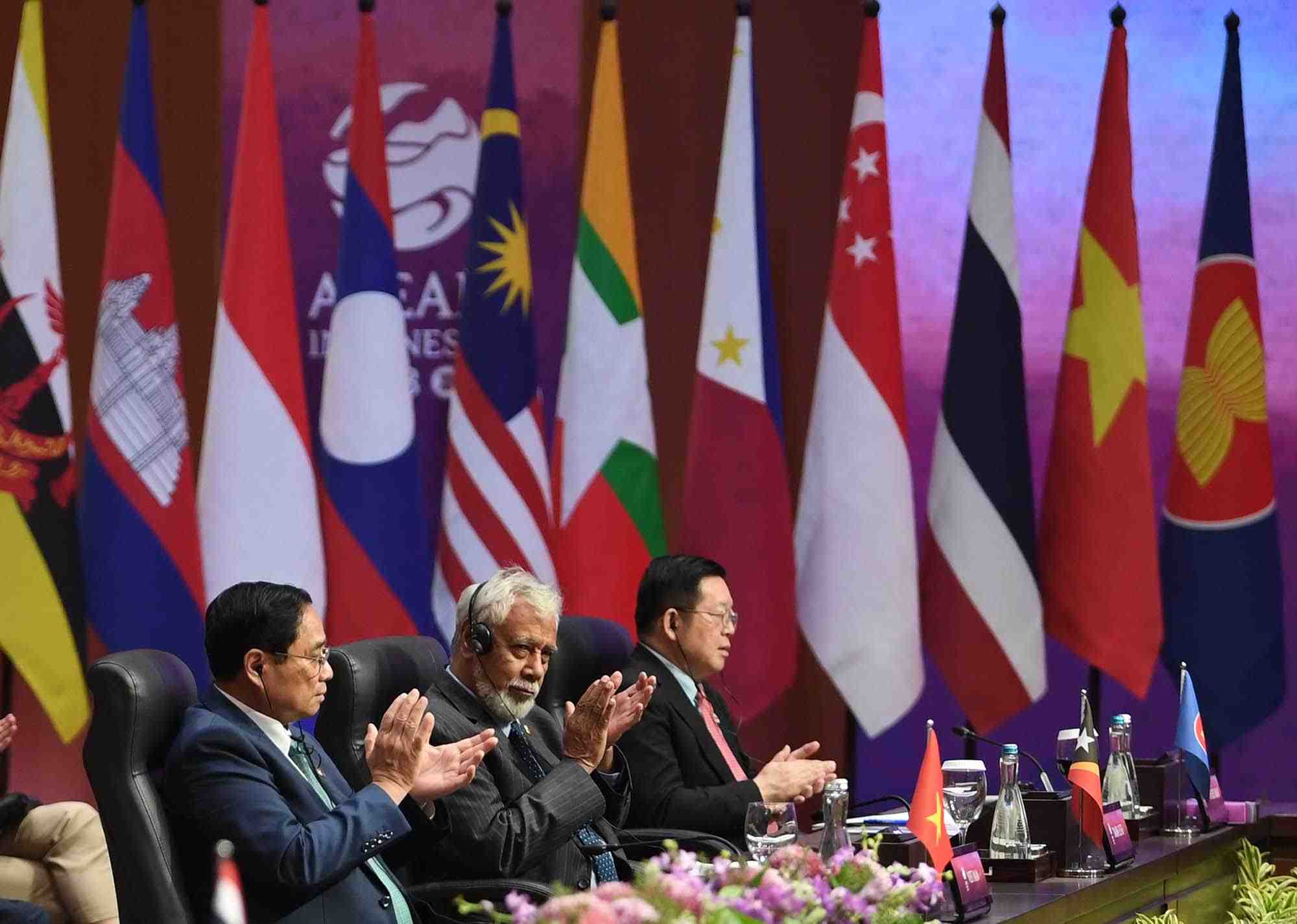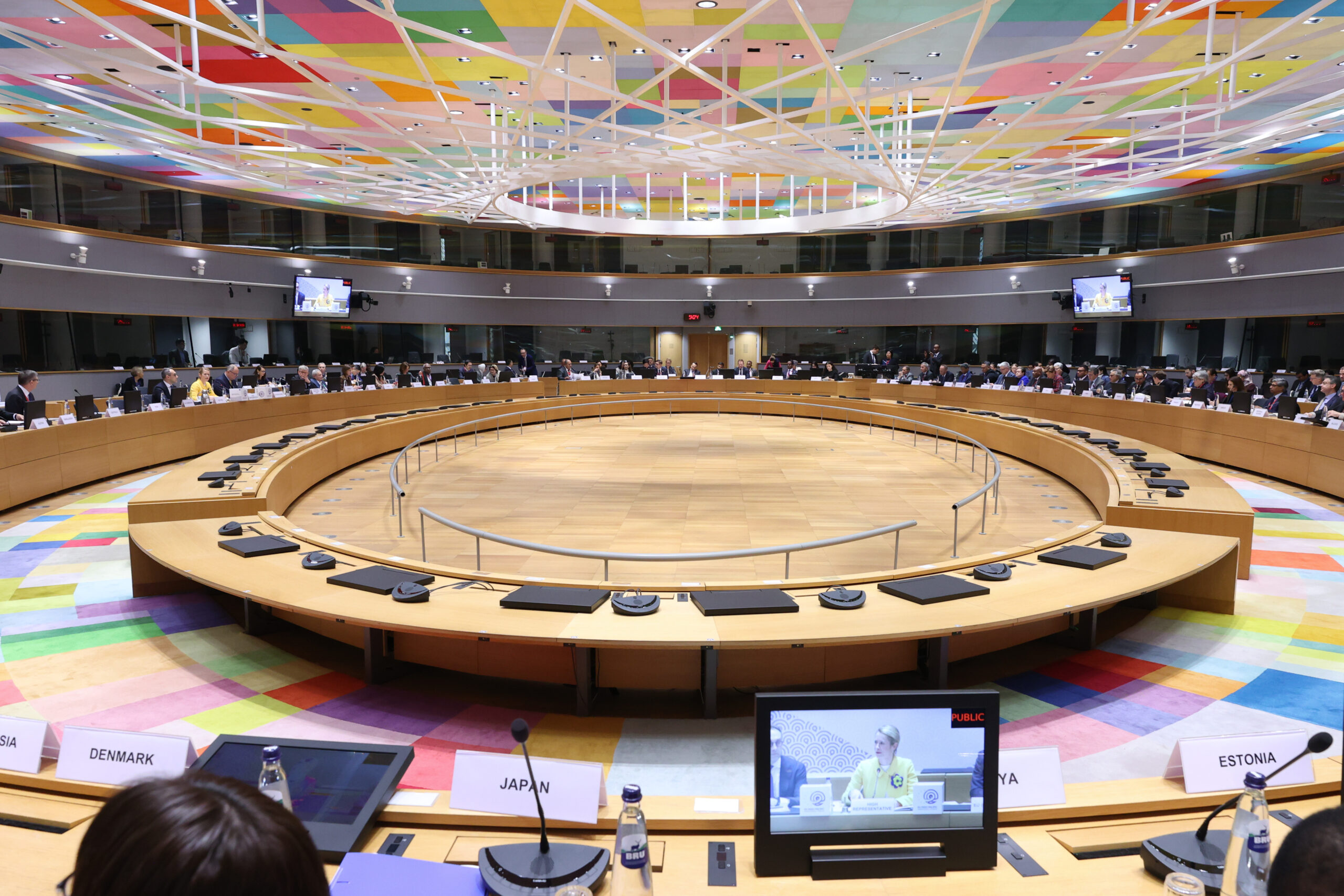
From Connectivity to Compliance: How AI governance can shape EU–ASEAN trade negotiations
As ASEAN advances its digital agenda and AI adoption accelerates across Southeast Asia, regulatory choices are starting to shape trade, investment, and strategic partnerships in the Indo-Pacific. In this environment, the EU can seize the opportunity and promote fruitful partnerships amid ASEAN’s competitive market while positioning its regulatory framework as a driver for cooperation.








